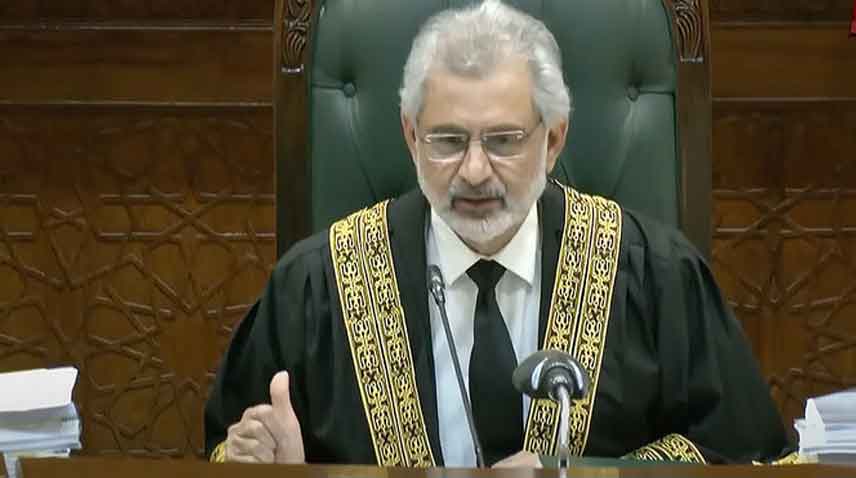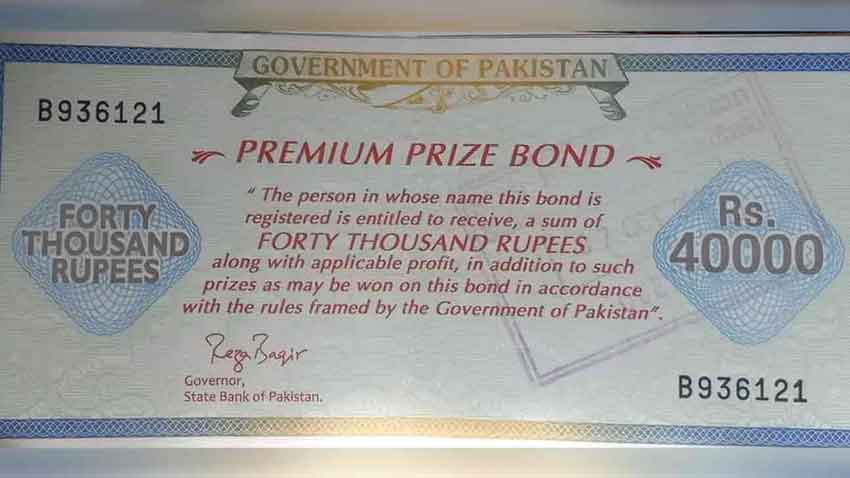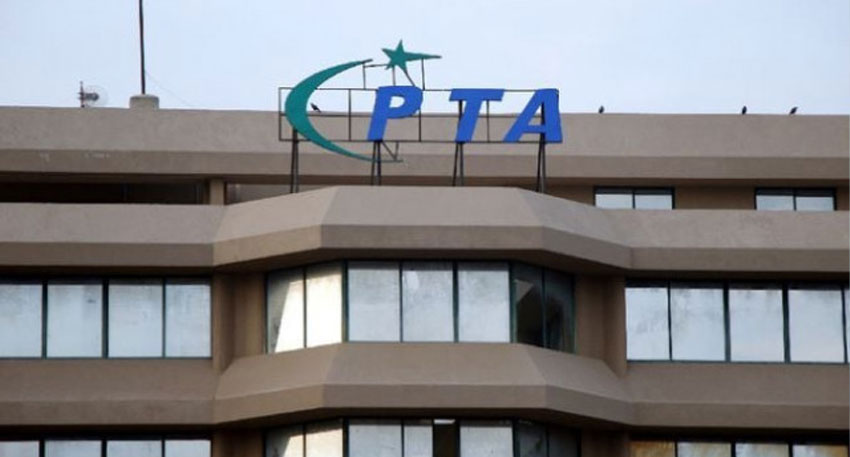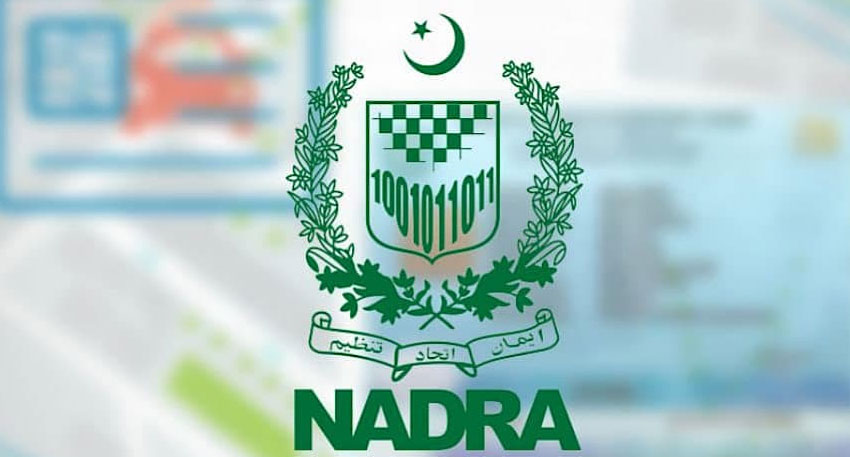
A three-member bench led by Chief Justice Qazi Faez Isa ruled that the deleted paragraphs from the review decision could not be used as a judicial precedent.
Before making a decision in the case, the Supreme Court had sought guidance from religious scholars including Mufti Taqi Usmani and Maulana Fazlur Rehman, in response to the government’s review petition.
Before the three-judge bench, Mufti Taqi Usmani advanced arguments, urging the apex court to expunge paragraphs 7 and 42 from the July 24 revised judgment. He pointed out that there were mistakes in those paragraphs.
Paragraph 42 of the judgment says: “Details of the Constitutional and legal provisions and judicial precedents have proved that after declaring both groups of Ahmadis as non-Muslims, according to the constitution and law, they have the right to practice their religion and express and preach it, provided that they will neither use religious terms for Muslims in public nor present themselves as Muslims in public.”
It further says, “However, they have the right to ‘privacy of home’ in their houses, places of worship, and specific private institutions within ‘reasonable limits’ prescribed by law.”
The Chief Justice of Pakistan had earlier invited religious scholars to review and “point out mistakes” in his July 24 verdict in the case.
On February 6, a two-judge SC bench had overturned the conviction of Mubarak Sani. The accused was accused of an offence in 2019 under the Punjab Holy Quran (Printing and Recording) (Amendment) Act.
The decision led to a campaign against the CJP prompting the Supreme Court to issue a clarification.
The decision was subsequently challenged by the Punjab government.
Accepting the pleas filed by the government and others, the Supreme Court on July 24 declared that the right to profess religion and religious freedom, as ensured by the Constitution, was subject to law, morality, and public order.
The SC in the judgment remarked that complete faith in the finality of the prophethood of the Holy Prophet (PBUH) was the very foundation of Islam — a belief without which nobody can be described as a Muslim.
This month, the Council of Islamic Ideology (CII) hoped that the SC “will soon review its decision”, the CII had urged the government to play an effective role in the matter.
The matter also came under discussion in the National Assembly while the KP Assembly unanimously passed a resolution expressing concern over the SC verdict.
Attorney General for Pakistan (AGP) Mansoor Usman Awan and Jamiat Ulema-i-Islam—Fazl (JUI-F) chief Maulana Fazlur Rehman appeared before the court while prominent religious scholar Mufti Taqi Usmani appeared via video link.
The AGP said that a letter was received from the NA speaker and directives were also issued by Prime Minister Shehbaz Sharif, and urged the court to hear the clerics’ arguments since the matter was a religious one.
The chief justice remarked, “I don’t want to say but am helpless; I pray in every prayer that may God prevent me from making any wrong decisions. A person is known by their actions and words.”
Mufti Taqi Usmani, in his arguments, urged the court to omit paragraphs 7 and 42 from the July 24 revised judgment. He pointed out what he said were “mistakes” in those paragraphs.
The CJP in reply read out section 298 of the Pakistan Penal Code (PPC). This provision details punishment for a person who with the “deliberate intention of wounding the religious feelings” of a person, “utters any word or makes any sound in the hearing of that person or makes any gesture in the sight of that person or places any object in the sight of that person”.
However, Mufti Usmani argued that as per Section 298, “a non-Muslim was not allowed to preach while posing as a Muslim”.
He said that since the Ahmadiyya community was “among the minority but do not identify themselves as non-Muslims”, section 298 of the PPC did not apply, therefore, paragraph 42 of the judgement needed to be rectified.
The chief justice said, “Taqi Usmani sahib, I apologise. I want to clarify that those who were issued notices had submitted many documents to us. If we had reviewed them in detail, then perhaps an entire book would have been made out of that decision.”
The top judge admitted, “I could not review all those documents, which is my mistake. Point out the mistakes and your objections to the court order to us. If we do not understand something, we will ask.”
He also remarked that Pakistan was an Islamic republic, hence the Holy Quran and the Holy Prophet’s (PBUH) ahadith were referred to in court orders.”
He graciously admitted, “I am not above any mistake.” He observed that “lengthy verdicts” were needed to be written in such matters.
The top judge highlighted that the Feb 6 decision was “now left behind” after the court reviewed it. “Now we must look ahead,” he said.
He remarked, “My stance is that we usually give examples of America and Britain [so] why should we not give our own?. If someone does not appear for a matriculation exam, he also does not risk failing in it.”
During the hearing, KP Chief Khatib Maulana Tayyab Qureshi agreed with the opinions voiced by other clerics before him.
Also Sahibzada Abul Khair Muhammad Zubair also urged the court to omit paragraph 42 from the revised ruling.
After hearing the arguments, the court announced the verdict.




